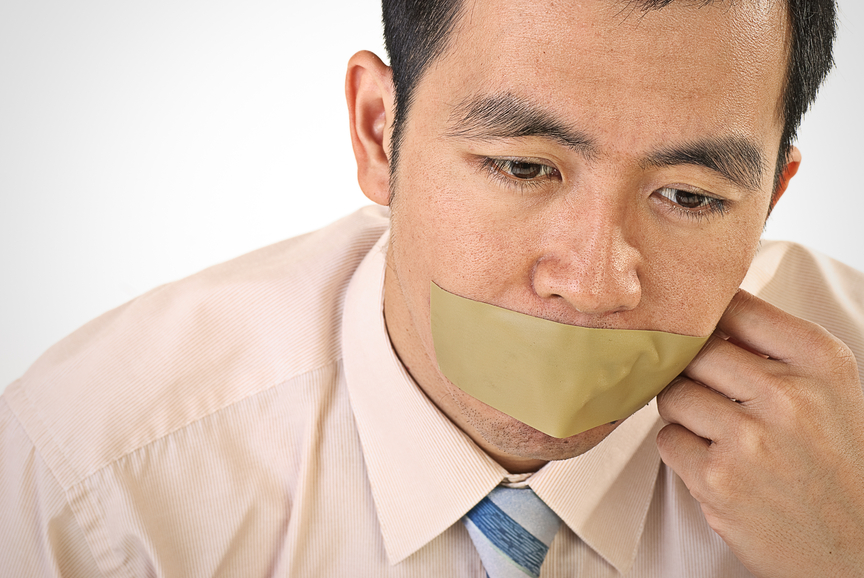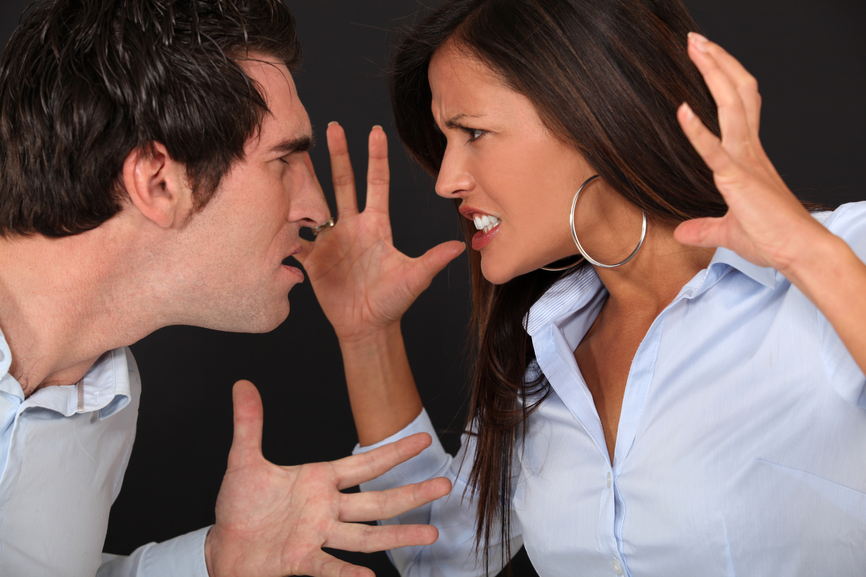Every one in a relationship wants to feel loved by their partner. To feel loved, many individuals will put on a happy face and maintain a persona that everything is fine, even when it isn’t. Often people are so good at acting like they are happy that the partner has no idea anything could be wrong.
Unfortunately, if you are projecting a happy demeanor when communicating with your partner, you may feel stuck in one place and very much alone. That’s because a lot of other feelings; sad, disappointed, mad, irritated, frustrated, fed up, discouraged, disheartened, worried, nervous, unsafe etc. NEVER GET EXPRESSED.
You may be an expert at delivering the happy feelings, but mum on anything else. If you always show a good face to your mate, how can you maintain that happy face when expressing sadness? You can’t. So, no unhappy face ever gets shown to the partner. Nope, just pretend everything is OK, always.
Oh, distressful feelings are felt, but the person experiencing them doesn’t share them, and the partner never hears them. This leads both people feeling disconnected in the relationship. He doesn’t know what’s going on with her; she doesn’t know what’s going on with him. Both feel apart from the other. The one who doesn’t share feelings might begin to think their partner just doesn’t understand them. The partner who is left in the dark might start to feel unimportant to his mate. Usually they can sense that their partner is withholding something, and they might even inquire, and it might sound something like this; “Is everything all right?” “Are you OK?” “Is anything wrong?”
The answer is probably always the same, and it’s likely that it’s a denial that sounds something like, “No, everything is fine.” Oh, there definitely is something wrong, but the person who always shows a sunny disposition hasn’t a clue on how to tell the partner what it is. Part of the reason is because he or she isn’t quite sure how to explain it. All they know is that they feel something like emptiness, or not feeling loved, or not being understood, or longing for something more. It’s usually a mixture of feelings that don’t have words attached to it. But the person feels it. It’s heavy and lives in the pit of the stomach and doesn’t go away.
This partner might even be able to talk about his or her feelings with another person. They might be able to explain these feelings in great detail. “I feel so alone.” “He or she just doesn’t understand me.” And while they come easily pouring out to someone else they can’t fathom how to share them with their partner. No, they don’t want to hurt their partner’s feelings. They are sure they are unhappy, but they can’t figure out what to do about it.
As a couples counselor I see this situation often. Both people will eventually feel that the relationship is on the brink of breaking and then the couple will make an appointment to see someone like me. Both are stuck in some sort of misery and they are hoping I can figure it out and help get them back on track. That’s the best case scenario. Sometimes though, a couple has been feeling so distant from each other in the relationship for such a long time that one of the partners may have already moved on to another person. Therapy at this stage requires a whole different level of understanding and repair.
This is what I know about couples counseling: If a couple is willing, there’s always room to learn more about yourself and your partner in a relationship. There’s always a way to understand your own behavior and see how it affects your mate. There’s always room to try something new, to risk showing your feelings and not holding them inside. Sometimes couples are able to change how they relate to each other and improve their relationship, making it something better than either ever dreamed.
It’s possible to build something true for each of you. It’s possible to create a safe place for you both to show all your parts, not just the happy ones. This creates true depth between two people, something that all couples are looking for.
Read More







